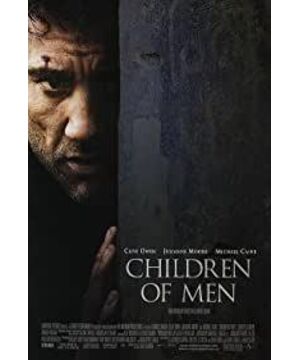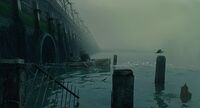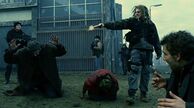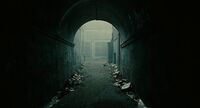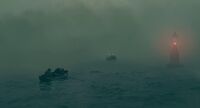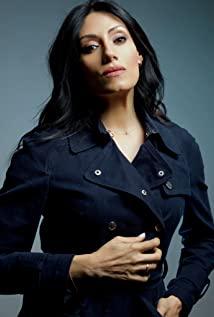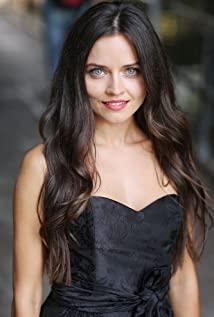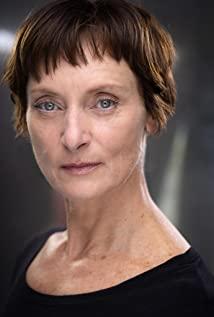This is London in 2027. The two scenes not long at the beginning of the film unfold a scene of a dystopian society: one is the harmony and elegance of the upper-class aristocracy, which is leisurely and comfortable; the other is the dilapidated, dirty and dark refugee camp.
I don't want to talk about this movie from a sci-fi perspective. Dressed in the cloak of "life" and "death", the whole film focuses on human nature in the context of the end times. In fact, when I first saw Ken's pregnancy, my inner thoughts were full of optimism: after all, in the face of the issue of life and death that it is difficult for human beings to reproduce, common interests should take precedence over personal interests, right? But soon I found out that I was wrong. The end times are still the end times, but people with different interests belong to each other. In order to save face, the government is bound to refuse to admit that the child was born in a refugee camp; the members of the corrupt official Fish organization also have their own plans. On the surface, they are fighting for the common interests as refugees. It's their own interests: Luke, in order to gain power, did not hesitate to play a play to kill Julie, and even plotted to continue to frame Theo. No to these people, the child itself is just a stepping stone, the hope of mankind is not worth mentioning.
On the other hand, there are positive characters represented by the protagonist group. The hope of preserving human beings is the belief in their hearts, and this belief drives them to sacrifice their lives to ensure that mother and child escape safely in the midst of war. For this little hope of "living", almost all the key figures on the escape route survived - except for the gypsy woman Marika.
Julian's death is the most sudden and most surprising. The one-shot kill came to an abrupt end, and in just a few minutes the audience experienced the reversal process from laughter - to nervousness - to tears of despair. This brave woman who has led the Fish organization to fight for 20 years, but fell into a trap designed by her own people and died in just a few minutes, it is hard not to sigh with embarrassment.
Old man Jasper. He is carefree, sharing strawberry-flavored cigarettes with every visiting friend; he is kind and faithful, and takes good care of his wife with dementia. The smile of the old man is the warm current of encouragement against the dilapidated and gloomy background. When the final moment came, he would still smile and deliver the "final blow" to the enemy: contempt from the bottom of his heart.
Regarding Tio, the male protagonist who accompanied Ken until the last moment, when he took over this task, his ending was already doomed. Rather than praising his greatness, it is better to say that he is more like a leader, tearing apart the dark and ugly side of this society step by step in the hail of bullets, and finally riding a boat, seemingly paddling on a bright road, but there is still a vastness ahead. The fog - where is the future of mankind?
When the baby's cry sounded on the battlefield where the bullets were flying, it was the most penetrating truce. Both the refugees and the soldiers briefly forgot the environment they were in, that they were in the smoke of gunpowder, and were killed by Infected by hope that has not been seen for a long time - you see, most people actually have hope buried in their hearts, they just need a little spark. But within a few seconds, the artillery fire broke the tranquility again, and everyone had to re-enter the battle - this scene is ironic and sad: the spiritual power brought by hope is of course inspiring, but the reality The darkness will not subside because of this, all we can do is gather courage and move on. This passage reminds me again of the male protagonist at the beginning of the film waking up from the bedroom, with a portrait of Mao Zedong and the words "Long Live Mao Zedong" hanging on the wall. The connection between these two scenes is still worth pondering.
View more about Children of Men reviews


